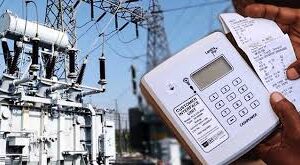The Central Bank of Nigeria has attributed the drop in Nigeria’s external reserves to the high cost of imported refined petroleum products, and not necessarily linked to the ongoing involvement in the FX market to preserve the stability of the local currency.
In the Monetary Policy Meeting communiqué, which was posted on the CBN’s website, the apex bank said, “Gross external reserves declined moderately to $38.36 billion as of May 19th, 2022 from $39.28 billion at end-March 2022. This was attributed to the weak accretion to the reserves from exports and the high cost of importation of refined petroleum products.”
The CBN also indicated that the financial system is stable, however, it still has to be brought down to the prudential level.
“The Capital Adequacy Ratio (CAR) and the Liquidity Ratio (LR) remained above their prudential limits at 14.6 and 43.7 per cent, respectively. The Non-Performing Loan (NPL) ratio stood at 5.3 per cent in April 2022, compared with its prudential limit of 5.0 per cent, reflecting sustained stability in the banking system, though there remains a need to bring this down to the prudential limit.”
Nigeria’s external reserves depreciated further by 0.11 per cent on Friday, May 20, 2022, to stand at $38.75 billion from $38.79 billion recorded as of the previous day.




